Accessibility: How to ensure your workplace is inclusive
How can you ensure IT remains accessible for people with disabilities? It's imperative that you consider the options...


Sign up today and you will receive a free copy of our Future Focus 2025 report - the leading guidance on AI, cybersecurity and other IT challenges as per 700+ senior executives
You are now subscribed
Your newsletter sign-up was successful
Assistive technologies cover the software employees are using. It could be specialist programs like a screen reader for a person with visual impairment(s) or it could be a tool that changes the double click speed of the mouse if you can't do so quickly enough. Alternatively, assistive technology covers the adaptation of existing software to meet the employee's needs.
These assistive technologies are not all equal and don't necessarily meet an employee's specific needs.
For example, there are more than 25 different spellchecker tools for dyslexia, but for example, if you type physics in a very phonetic way, like fizix, some tools wouldn't come up with the alternative because it's so different to how the word is spelt.
Specialist dyslexia tools can understand phonetic spelling and can speak out an alternative if you have severe dyslexia, so the employee has a better chance of getting it correct, first time.
Finding out which solution is right for that individual is essential. It's not something that can be done easily if you don't have the in-house resource to dedicate the time and effort required, at least initially.
Having a strategy in place allowing you to employ people with disabilities is just as important as addressing the needs of those who already work in your company. Whether it's computer peripheries or specialist software, the investment in assessing what your staff needs will be worthwhile. What's more, it's ultimately required by law so is ignored at your peril.
Sign up today and you will receive a free copy of our Future Focus 2025 report - the leading guidance on AI, cybersecurity and other IT challenges as per 700+ senior executives

Clare is the founder of Blue Cactus Digital, a digital marketing company that helps ethical and sustainability-focused businesses grow their customer base.
Prior to becoming a marketer, Clare was a journalist, working at a range of mobile device-focused outlets including Know Your Mobile before moving into freelance life.
As a freelance writer, she drew on her expertise in mobility to write features and guides for ITPro, as well as regularly writing news stories on a wide range of topics.
-
 CISOs are keen on agentic AI, but they’re not going all-in yet
CISOs are keen on agentic AI, but they’re not going all-in yetNews Many security leaders face acute talent shortages and are looking to upskill workers
-
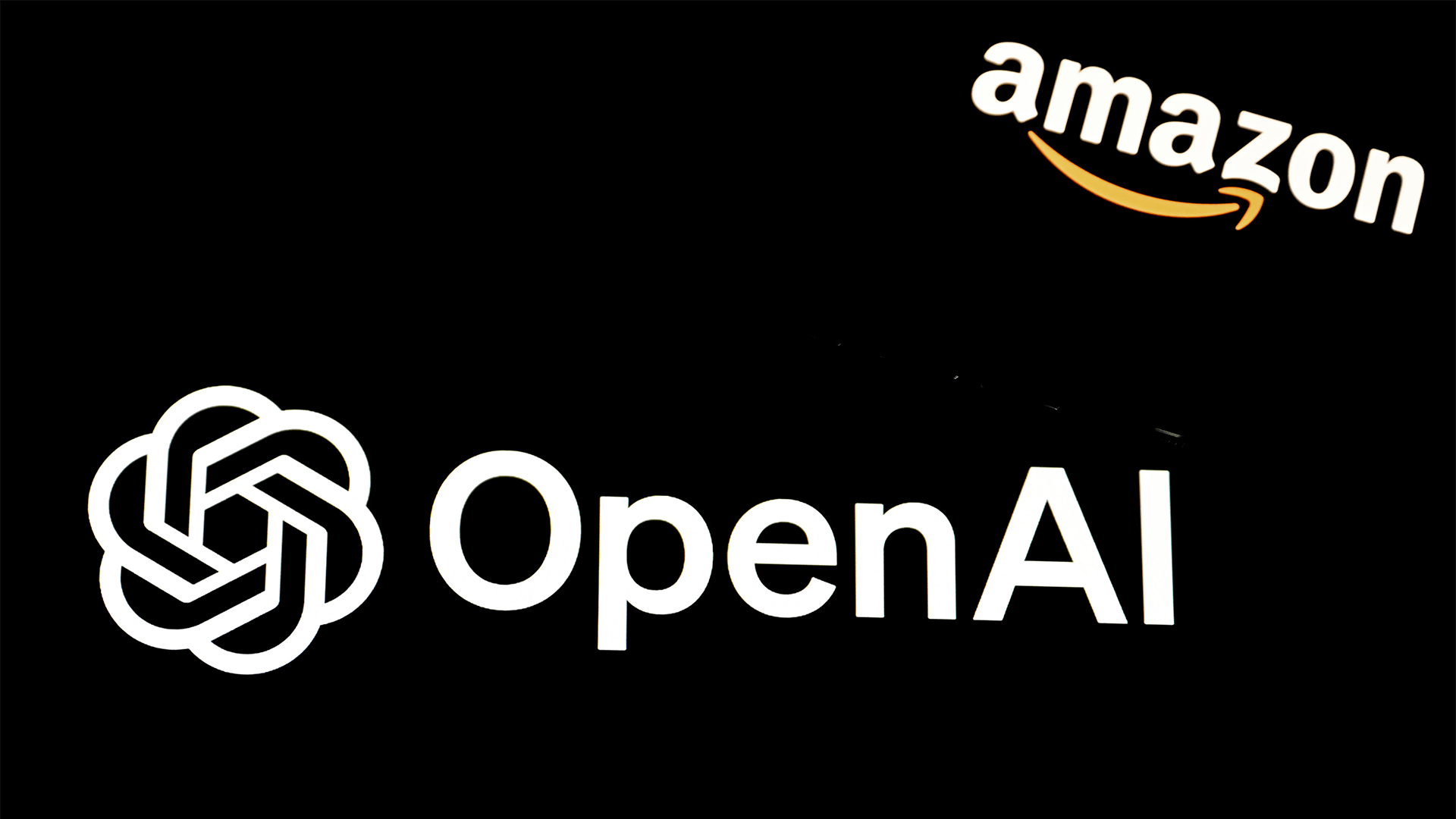 Why Amazon’s ‘go build it’ AI strategy aligns with OpenAI’s big enterprise push
Why Amazon’s ‘go build it’ AI strategy aligns with OpenAI’s big enterprise pushNews OpenAI and Amazon are both vying to offer customers DIY-style AI development services
-
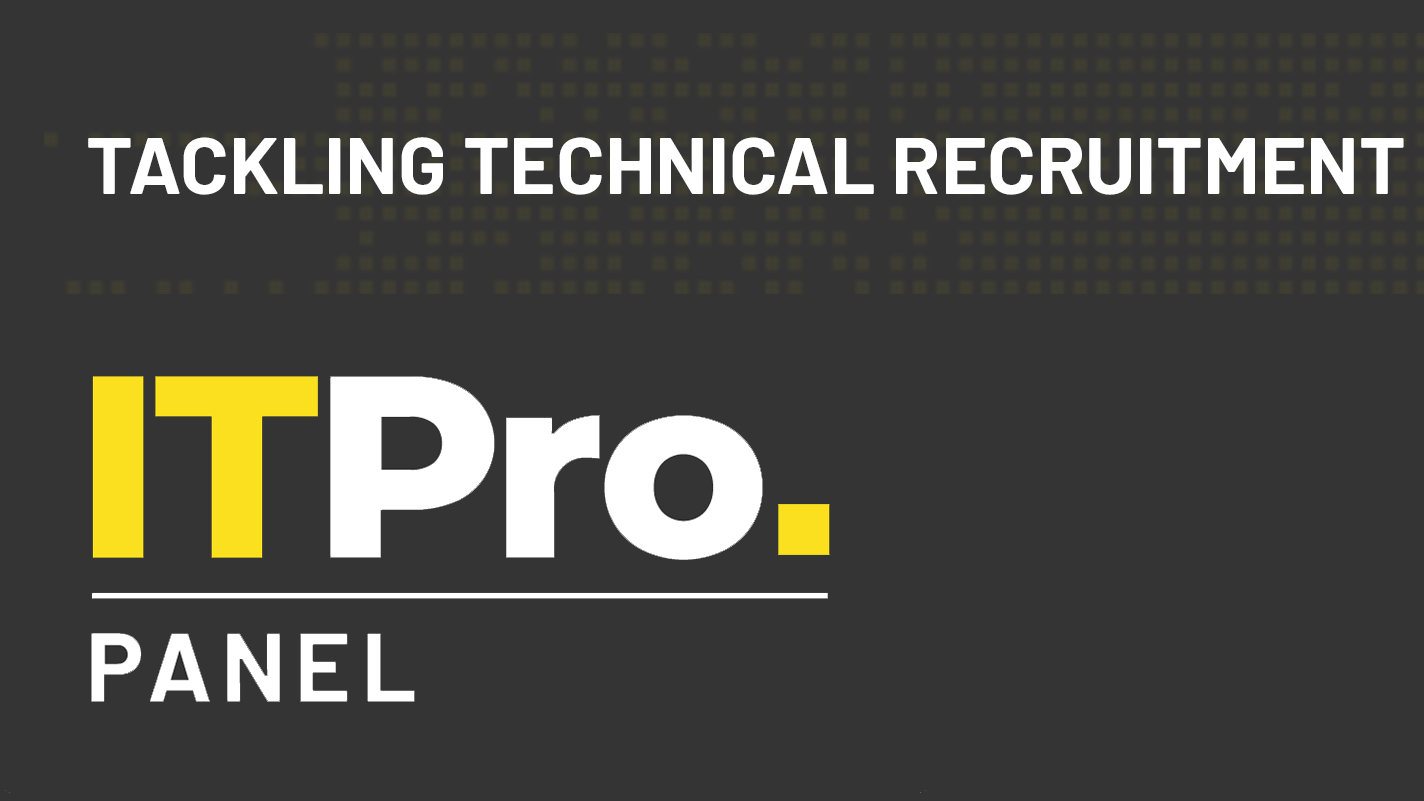 IT Pro Panel: Tackling technical recruitment
IT Pro Panel: Tackling technical recruitmentIT Pro Panel With the recruitment market shifting, how can businesses both retain their best staff and fill gaping talent shortages?
-
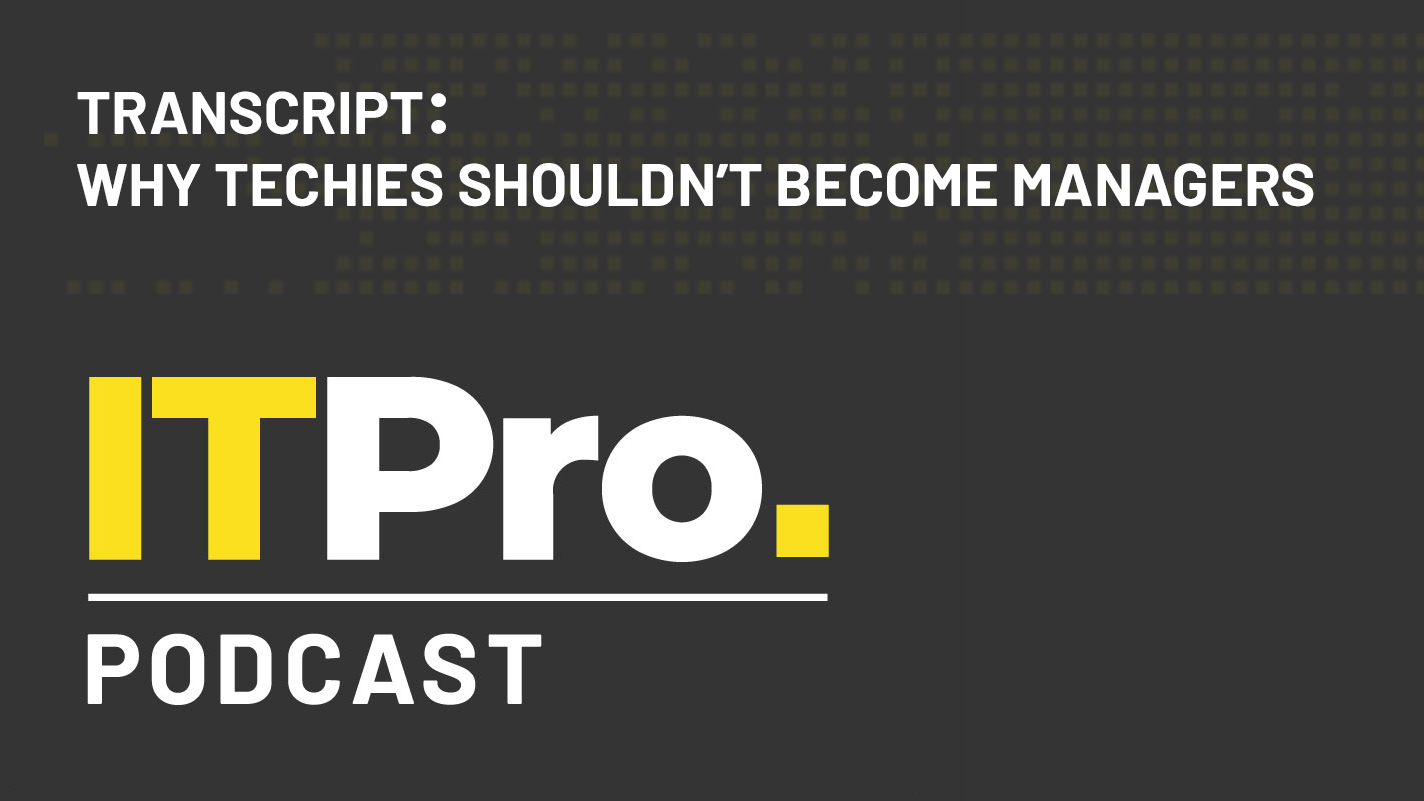 Podcast transcript: Why techies shouldn’t become managers
Podcast transcript: Why techies shouldn’t become managersIT Pro Podcast Read the full transcript for this episode of the IT Pro Podcast
-
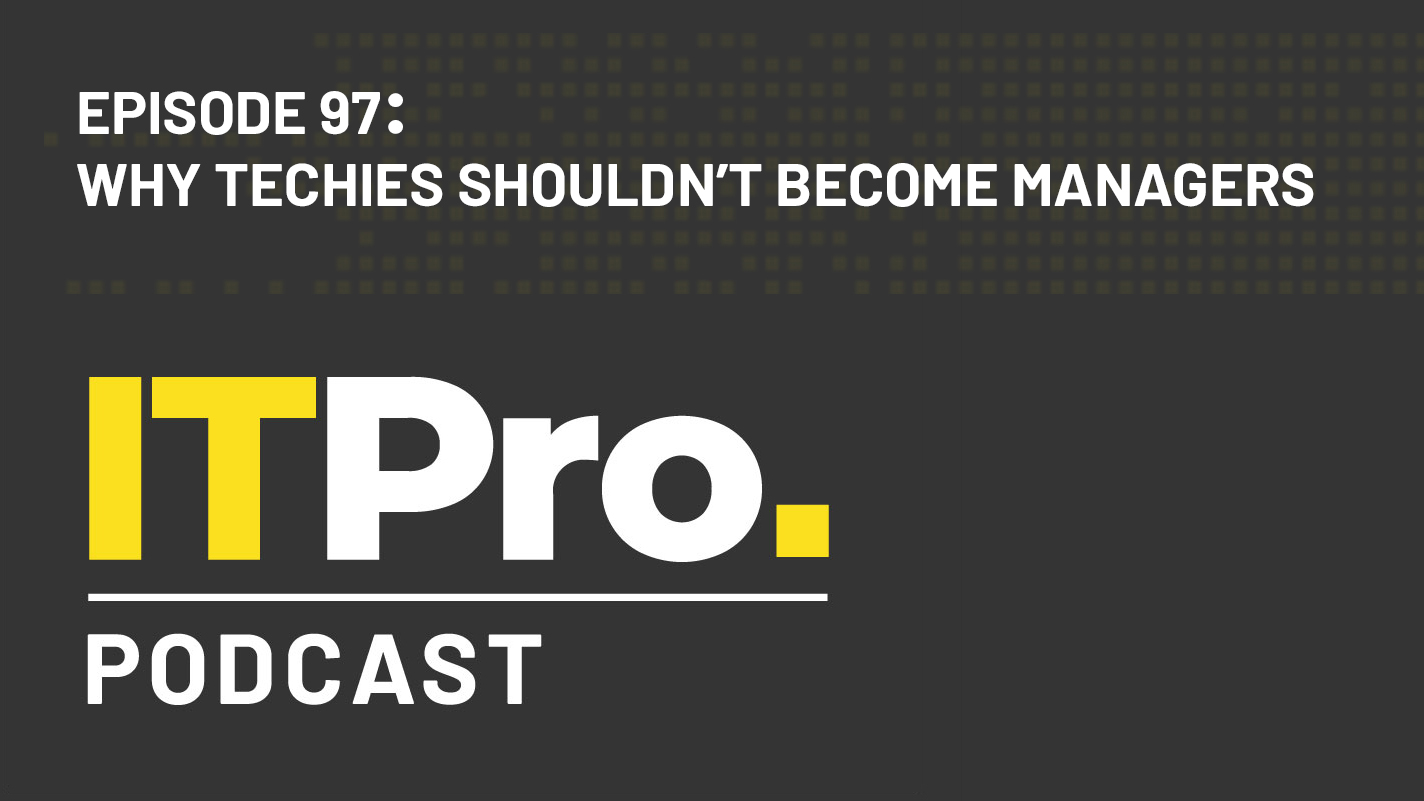 The IT Pro Podcast: Why techies shouldn’t become managers
The IT Pro Podcast: Why techies shouldn’t become managersIT Pro Podcast Managing people is a completely different skillset to managing technology - so why do we keep pushing people from one to the other?
-
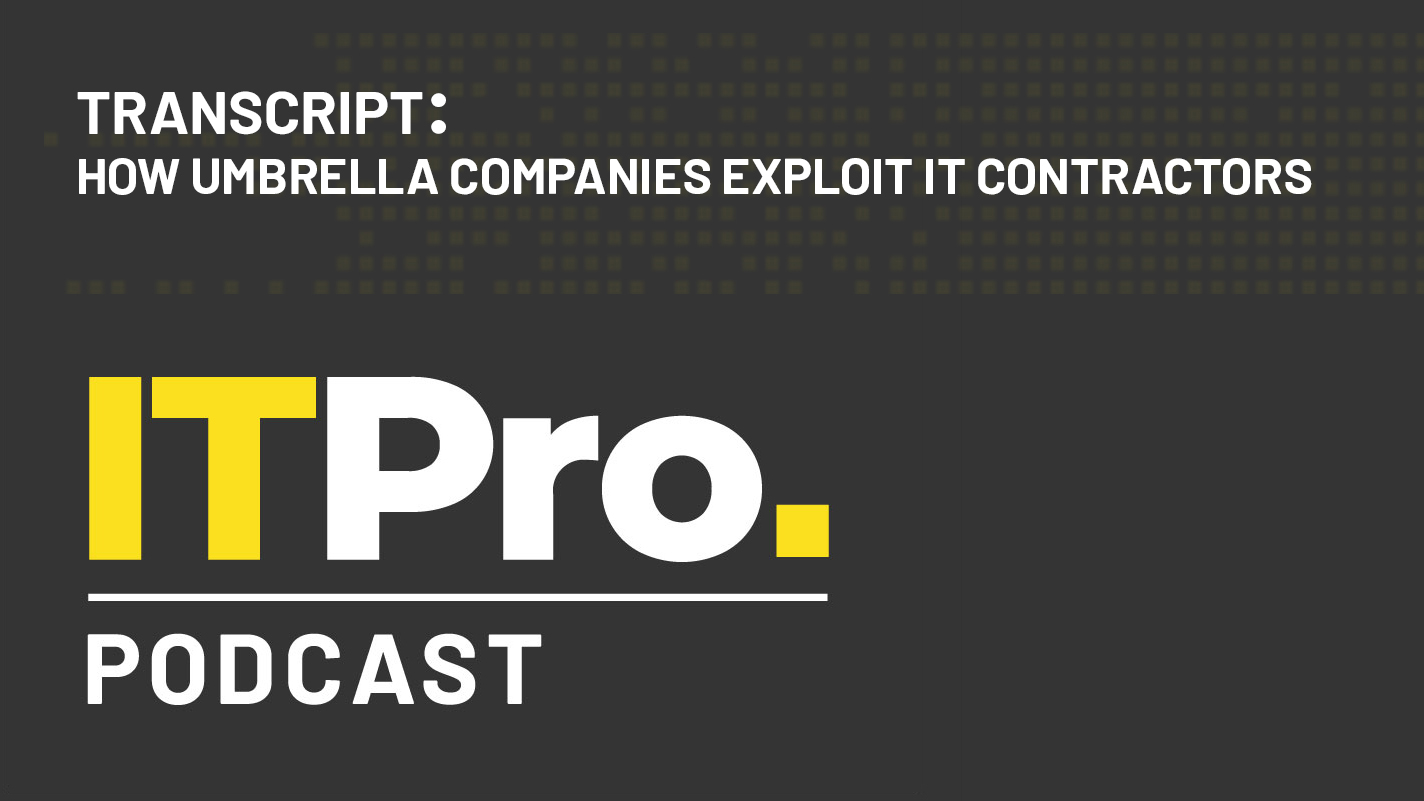 Podcast transcript: How umbrella companies exploit IT contractors
Podcast transcript: How umbrella companies exploit IT contractorsIT Pro Podcast Read the full transcript for this episode of the IT Pro Podcast
-
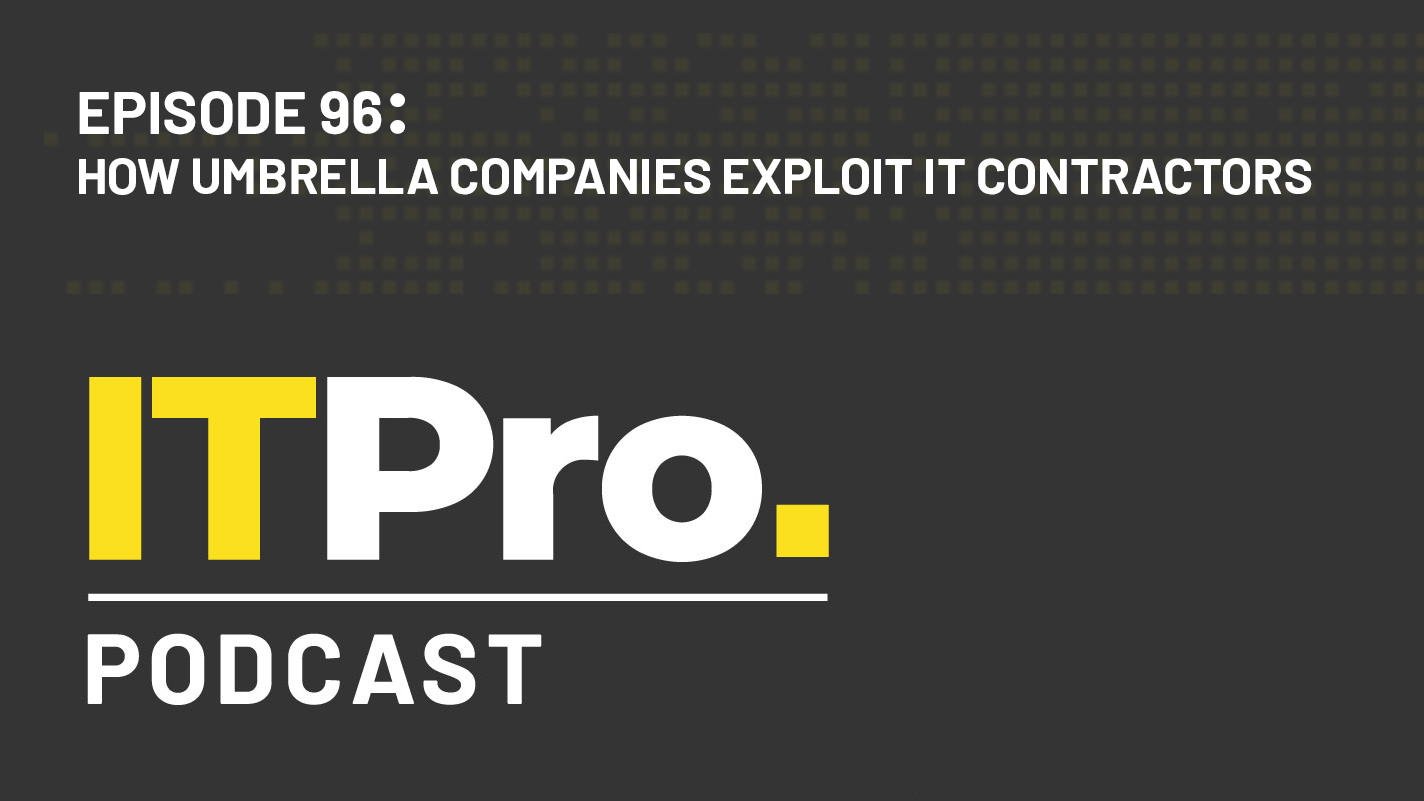 The IT Pro Podcast: How umbrella companies exploit IT contractors
The IT Pro Podcast: How umbrella companies exploit IT contractorsIT Pro Podcast Is tighter regulation needed to stop workers from being cheated out of earnings?
-
 Data scientist jobs: Where does the big data talent gap lie?
Data scientist jobs: Where does the big data talent gap lie?In-depth Europe needs 346,000 more data scientists by 2020, but why is the gap so big?
-
 Four tips for effective business collaboration
Four tips for effective business collaborationOpinion Collaboration is about more than just removing office walls
-
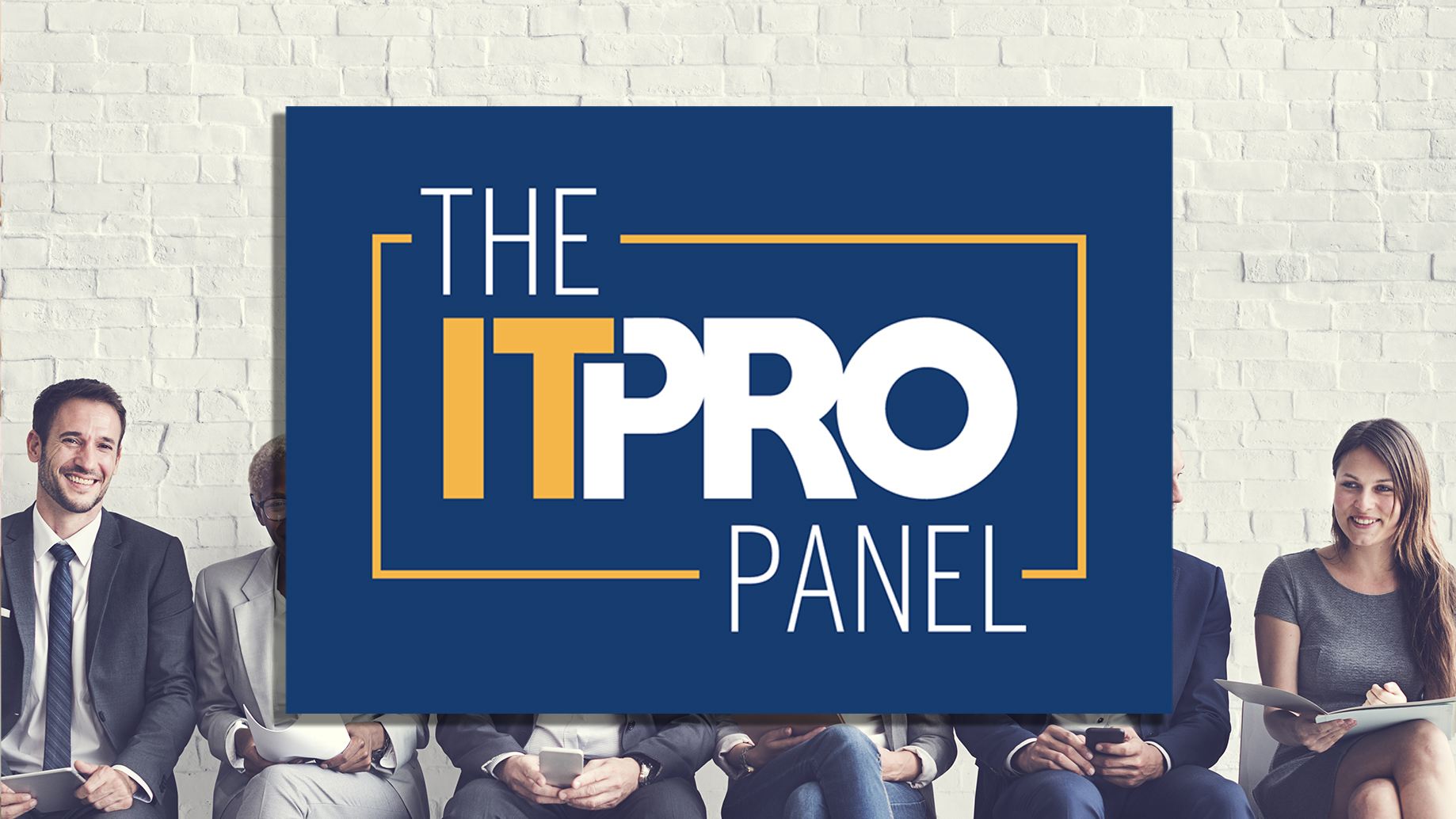 IT Pro Panel: The truth about talent
IT Pro Panel: The truth about talentIT Pro Panel Why is it still so hard to find good people?